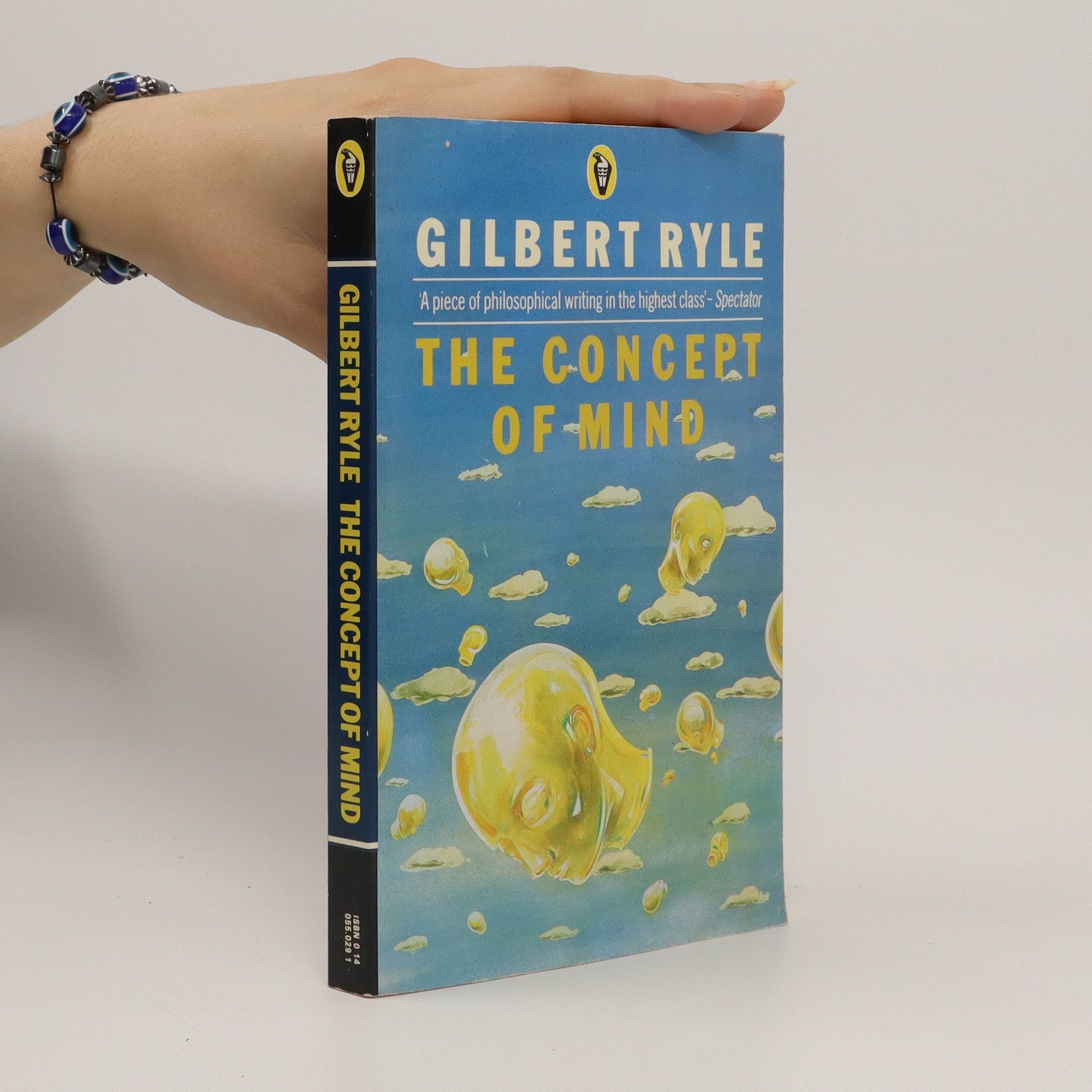Dilemmas
- 120 páginas
- 5 horas de lectura
This book shows that the conflicts that arise from everyday ways of thinking are not dilemmas as they appear to be.
Gilbert Ryle fue un filósofo británico conocido por su crítica al dualismo mente-cuerpo, para la cual acuñó la frase "el fantasma en la máquina". Basándose en las ideas de Wittgenstein sobre el lenguaje, Ryle sostenía que los problemas filosóficos no tratan sobre entidades especiales, sino que surgen de confusiones lingüísticas. Comparó la tarea del filósofo con la de un cartógrafo que traduce el conocimiento práctico a términos cartográficos universales. Los filósofos, por lo tanto, analizan los "hilos de implicación" de palabras y frases dentro de las declaraciones para descubrir su verdadero significado y relaciones.



This book shows that the conflicts that arise from everyday ways of thinking are not dilemmas as they appear to be.
This now-classic work challenges what Ryle calls philosophy's "official theory," the Cartesians "myth" of the separation of mind and matter. Ryle's linguistic analysis remaps the conceptual geography of mind, not so much solving traditional philosophical problems as dissolving them into the mere consequences of misguided language. His plain language and esstentially simple purpose place him in the traditioin of Locke, Berkeley, Mill, and Russell.